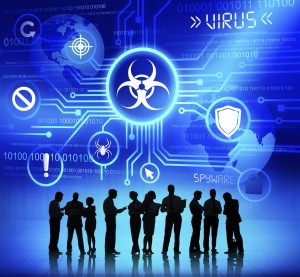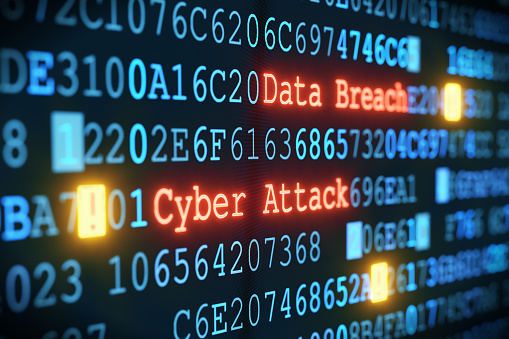Editor’s Update: Read about the first day of the competition.
By Leischen Stelter, editor of In Public Safety
When faced with a cyberattack of national or international scope, the president must respond quickly, but also take into account the potential effects of the attack and the response for civilians, law enforcement, the government, the military, and private-sector businesses. What’s the best way to balance those interests?
On March 11-12, four American Military University students will get a chance to prove they have the best solution to such a significant cyber crisis during the fourth annual Cyber 9/12 Student Challenge.
The premise of the competition is that the President of the United States has requested the National Cybersecurity Directorate brief him on how to best respond to this cyberattack and provide him with four alternative responses. Student teams from 38 universities around the world will compete to see who can develop the most comprehensive national security policy recommendations to this simulated cyber crisis. This competition, held at American University in Washington D.C., aims to help students gain a greater understanding of the policy complexities associated with a cyber crisis and conflict.
How the Competition Works
The competition is divided into three parts; the scale of the cyber crisis escalates over the course of the competition. In advance of the March live competition, student teams were provided with an intelligence report with minimal information about a cyber catastrophe of national and international importance. Using this information, student teams submit a written policy statement detailing recommendations on how to respond, counteract, mitigate, and/or disrupt the damage and threat of the cyberattack. In their responses, students must consider the roles and implications for relevant civilian, military, law enforcement, and private sector entities. In addition to their primary recommendation, students must also submit four additional alternative policy responses addressing the attack.
The second part of the competition will take place on Friday, March 11, when all student teams will have 10 minutes to present their oral policy recommendations, followed by 10 minutes of direct questions from the judges. Teams that advance to the semi-final round will be given additional intelligence information of the cyber event. The following day, teams are expected to present their enhanced position on the cyber conflict.
On the second day of competition, students present their modified recommendations during a 10-minute presentation to judges, followed by questions. The final round during the second day will require the remaining teams to present a spontaneous reaction to an intelligence report that further alters the original scenario. During this final round, students will have very little time to prepare their response, which tests their ability to quickly analyze and synthesize information.
Preparing for a Mock Cyber Crisis

“It’s amazing to see how profoundly engaged these students are in addressing this scenario and working together to develop the most sound recommendations,” Dr. Aguiar said. “They’ve spent a tremendous amount of time communicating and addressing all the ‘what ifs’ and possible responses to the attack.”
This competition is extremely challenging. It requires extensive advance research as well as engaging in higher-order thinking, as the challenge becomes further complicated. “This challenge will be an extremely exhaustive process since there are so many variables to consider,” said Dr. Aguiar.
The team submitted its initial response recommendations on February 26 and is working on its oral presentations. Preparing for this competition has taken the students’ knowledge and understanding about cybersecurity to a new level.
“Our discussions and debates have elicited the best out of our students and they have been extremely challenged and excited. Placing second is not an option in our minds,” she said. “Our students’ presentation is going to be exceptional and when we make it into the last round, they will be exhibiting the depth and breadth of their education.”
Spectators are welcome to attend this event. Dean Mark Riccardi from AMU’s School of Security and Global Studies will be attending to support Team Cyber Aegis. If you are interested in supporting our students, register today.

Comments are closed.